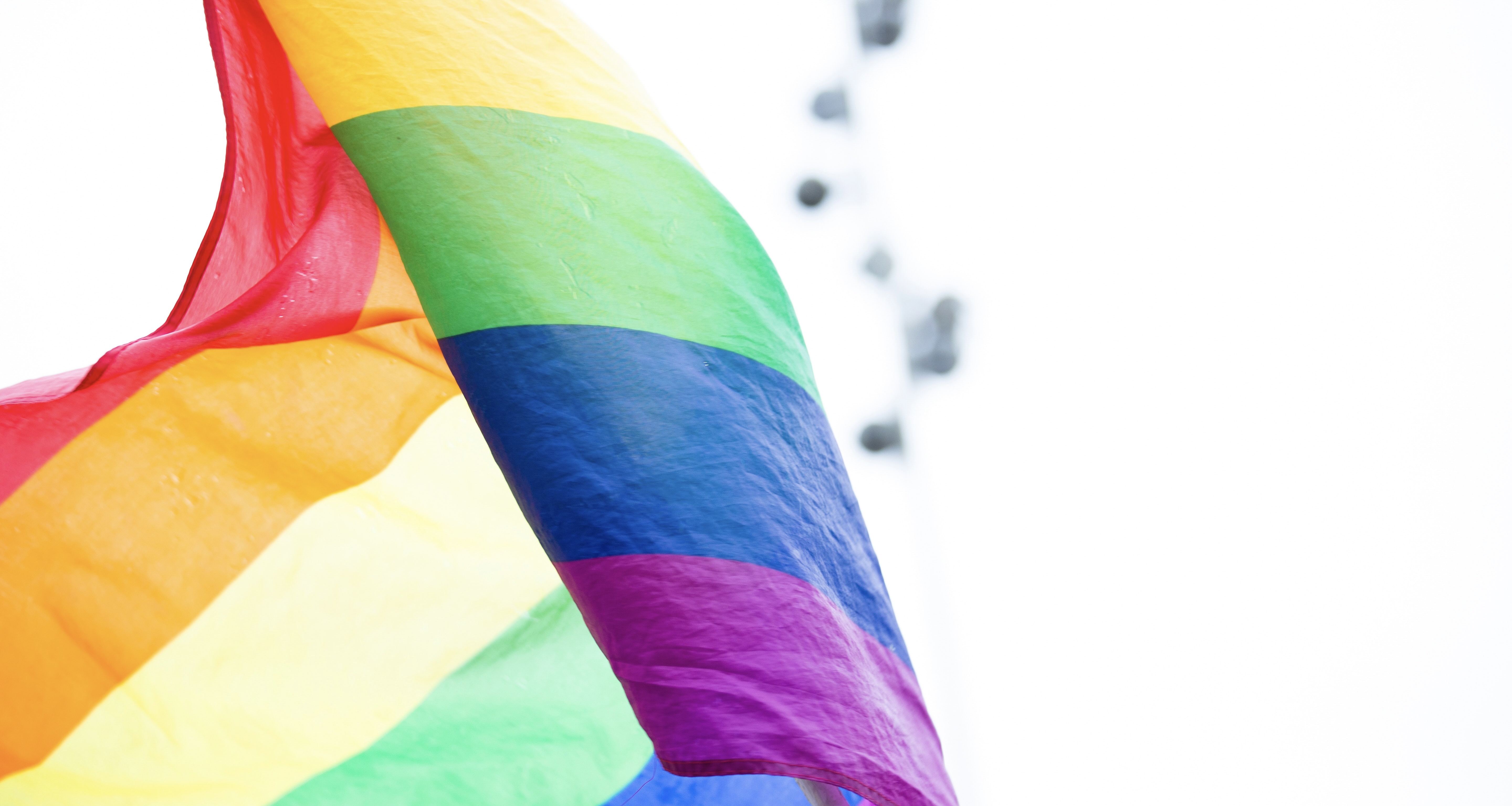Queer people want to be surrounded by friends at the end of their lives more than heterosexual people, report finds
The report says more research is needed on trans, queer and other identities' experiences.

Words: Emily Maskell; pictures: Pexels and Crumb Agency/Jamie Windust
The care charity Marie Curie is calling for improvements in palliative and end-of-life care and support for Lesbian, Gay, and Bisexual (LGB) people, and that more research is needed to explore the experiences of trans, queer and non-binary people.
Among the key finds of the report, LGB people are less likely than heterosexual people to prioritise being surrounded by family at the end of life.
Terminally ill parents should be free to enjoy the time they have with their kids and create precious memories. Sadly, many are terrified, wondering how they’ll afford to look after their family. You can help. Let’s make sure they get the financial support they need.
— Marie Curie (@mariecurieuk) August 1, 2022
The study outlines a focus on LGB people due to “the low number of research participants reporting a transgender, queer, or other identity means that further research is needed to explore their specific perspectives and experiences.”
In the study, it is outlined that 46 percent of gay men said being surrounded by friends was a top-three priority compared to 23 percent, less than one in four, heterosexual people, reinforcing the idea that the idea of chosen family is so important for LGBTQ+ people.
Additionally, on average, 38 percent of LGB people say being free of pain and other symptoms during the end of life is a top-three priority, compared to 60 percent of heterosexual people.
Elsewhere, according to Marie Curie, data show that “gay men are more than three times more likely than heterosexual people to say having their cultural needs met” is a priority as well as “bisexual people are also twice as likely to prioritise cultural needs than heterosexual people.”

On the basis of this report, the key recommendations for healthcare professions include understanding “LGB people may have specific needs and desires about the people they want around them for support,” assumptions about a preference for support from a person’s family should not be made, to recognise the essential role of friends in people’s end of life, and to “support cultural needs during caring activities and end of life planning.”
“The research that Marie Curie has shared within this report highlights the importance, but also the efficacy of bearing in mind the individual and nuanced differences that LGBT+ people face in all walks of life,” Marie Curie supporter Jamie Windust comments.
They continue: “For me, the dignity and respect that the LGBT+ community desire when it comes to dying and end-of-life care is paramount, and the report highlights how often for us, our chosen family are the most important people in our lives.”
Windust highlights that the conversation around the cultural differences LGBT+ experiences for end-of-life care is paramount to ensure LGBT+ people are provided with loving and respectful final days.

Jamie Windust (Photo: Crumb Agency)
“This report, unfortunately, highlights the continued challenges faced by LGB people and the changes now needed to their end-of-life care and support,” Caris Newson, Superdrug’s Healthcare Director, adds.
“It is vital to tackle inequity in palliative care access and ensure that everyone gets the end-of-life care that is right for them,” Maria Novell, Marie Curie’s Chief Fundraising, Marketing & Communications Officer adds.
Novell continues that Marie Curie hopes health and social care providers make an effort to understand and implement training so medical staff understand what is important to people from LGB communities.
The report has been published in partnership with Superdrug.
The Attitude September/October issue is available to download and order in print now and will be on newsstands from Thursday 4 August.

